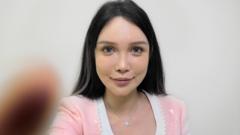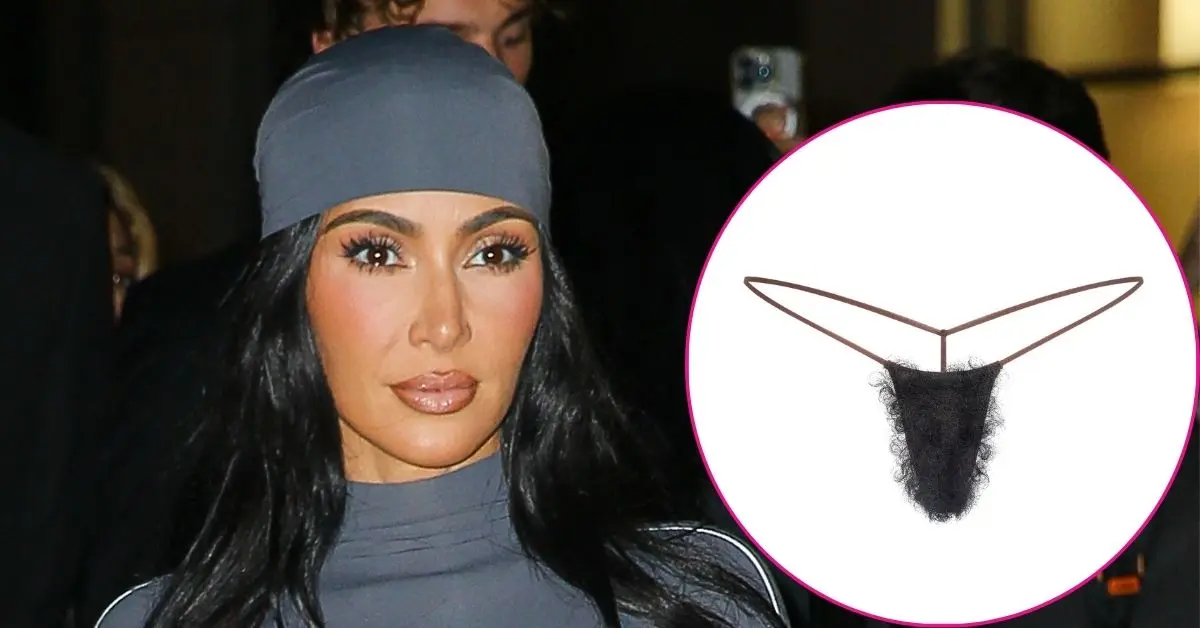Abby Wu is emblematic of a phenomenon sweeping across China: the overwhelming desire for beauty through cosmetic surgery. Beginning her transformative journey at just 14, Abby has undergone over 100 procedures, costing around half a million dollars. Her experience mirrors the rapidly growing cosmetic surgery industry that has seen millions turning to clinics seeking to fit into evolving beauty ideals.
20 million Chinese individuals engage in cosmetic procedures annually, predominantly young women aged around 25, in pursuit of aesthetic perfection influenced by a blend of social media trends and cultural expectations. The desire for features reminiscent of Western standards, anime characters, and K-Pop idols have fueled this trend, often leading to dangerous and unrealistic ideals. Procedures such as botox behind the ear, lower eyelid surgery, and upper lip shortening have emerged as alarming norms aimed at achieving a "childlike" appearance.
Apps like SoYoung have added to plastic surgery's normalization by providing users with algorithms that identify perceived flaws, even recommending further surgeries to those who have already undergone multiple procedures. Abby's experience showcases the absurdity of this cycle: the app continues to find "imperfections" despite her extensive history, prompting further contemplation of multiple corrective surgeries.
As cosmetic clinics proliferate, unfortunately, a significant number operate without licenses or qualified staff. Research indicates 80,000 facilities in China offer procedures without proper authorization, leading to an estimated daily count of botched surgeries. Patients like Yue Yue share harrowing experiences of having undergone poorly executed treatments, leading to lasting physical and emotional distress. Many, like actress Gao Liu, have become victims to unqualified practitioners, leaving them with irreversible cosmetic damage.
In a troubling twist, aspiring workers are often tricked into undergoing surgery as a condition for employment, deepening the cycle of debt and reliance on clinics that prey on young women's aspirations. Da Lan’s experience illustrates this harsh reality, revealing the manipulative practices of clinics that link job offers with immediate surgical procedures under the guise of beauty enhancement.
With social pressures for physical appearance heightening in professional landscapes, job requirements frequently scrutinize an individual's looks alongside their qualifications. As employees fall prey to schemes that promise professional advancement with concomitant cosmetic interventions, many face financial burdens and a façade of beauty rather than authentic self-acceptance.
Abby Wu continues her pursuit of aesthetic appeal amidst the toll it has taken on her body. As she and others indulge in this beauty journey, they reveal broader societal issues entrenched in self-worth, beauty standards, and the commercialization of appearance. Despite the dangers, Abby insists her journey is ongoing, shedding light on an irreversible trend in contemporary China. The pursuit of beauty, both personal and societal, remains a complex interplay of innovation, exploitation, and a relentless chase for an ever-elusive ideal.




















